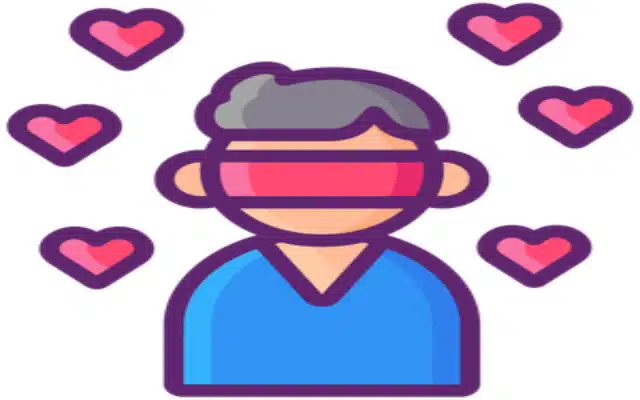Sydney : In a world-first study, a team of Australian scientists investigated the link between the human brain’s behavioural activation system (BAS) and romantic love and decoded why “love is blind”.
It is well known that romantic love changes the brain, releasing the so-called love hormone oxytocin, responsible for the euphoria we feel when falling in love.
Now, researchers from the Australian National University (ANU), University of Canberra and University of South Australia have measured how a part of the brain is responsible for putting our loved one on a pedestal in that first flush of romance.
For the study, published in the journal Behavioural Sciences, the team surveyed 1,556 young adults who identified as being “in love”.
The survey questions focused on the emotional reaction to their partner, their behaviour around them, and the focus they placed on their loved one above all else.
It turns out that when we are in love, our brain reacts differently. It makes the object of our affections the centre of our lives.
“We actually know very little about the evolution of romantic love,” said Adam Bode, lead researcher and PhD student at ANU.
Therefore, any discovery that sheds light on the development of romantic love is a crucial piece of the still-developing puzzle.According to Bode, romantic love first appeared approximately five million years ago, following humans’ split from the great apes.
We are aware that the ancient Greeks thought extensively about it and acknowledged that it was both an incredible and traumatic experience. A love poem from approximately 2000 BC was, in fact, the oldest poem ever found, the speaker continued.
Dr. Phil Kavanagh of the University of Canberra claims that the research demonstrates the connection between behavioral and emotional changes and romantic love.
Dr. Kavanagh, an adjunct associate professor at the university, stated, “We know the role that oxytocin plays in romantic love because we get waves of it circulating throughout our nervous system and blood stream when we interact with loved ones.”
However, the way that special significance is attached to loved ones is because of the interaction between oxytocin and dopamine, a neurotransmitter that our brain releases during passionate love. In essence, positive emotion-related brain pathways are activated by love.
The next phase of the study entails examining how men and women approach love differently and conducting a global survey to identify four distinct categories of romantic lovers.
Read More
US Launches First Lander in 50+ Years for Commercial Deliveries

















